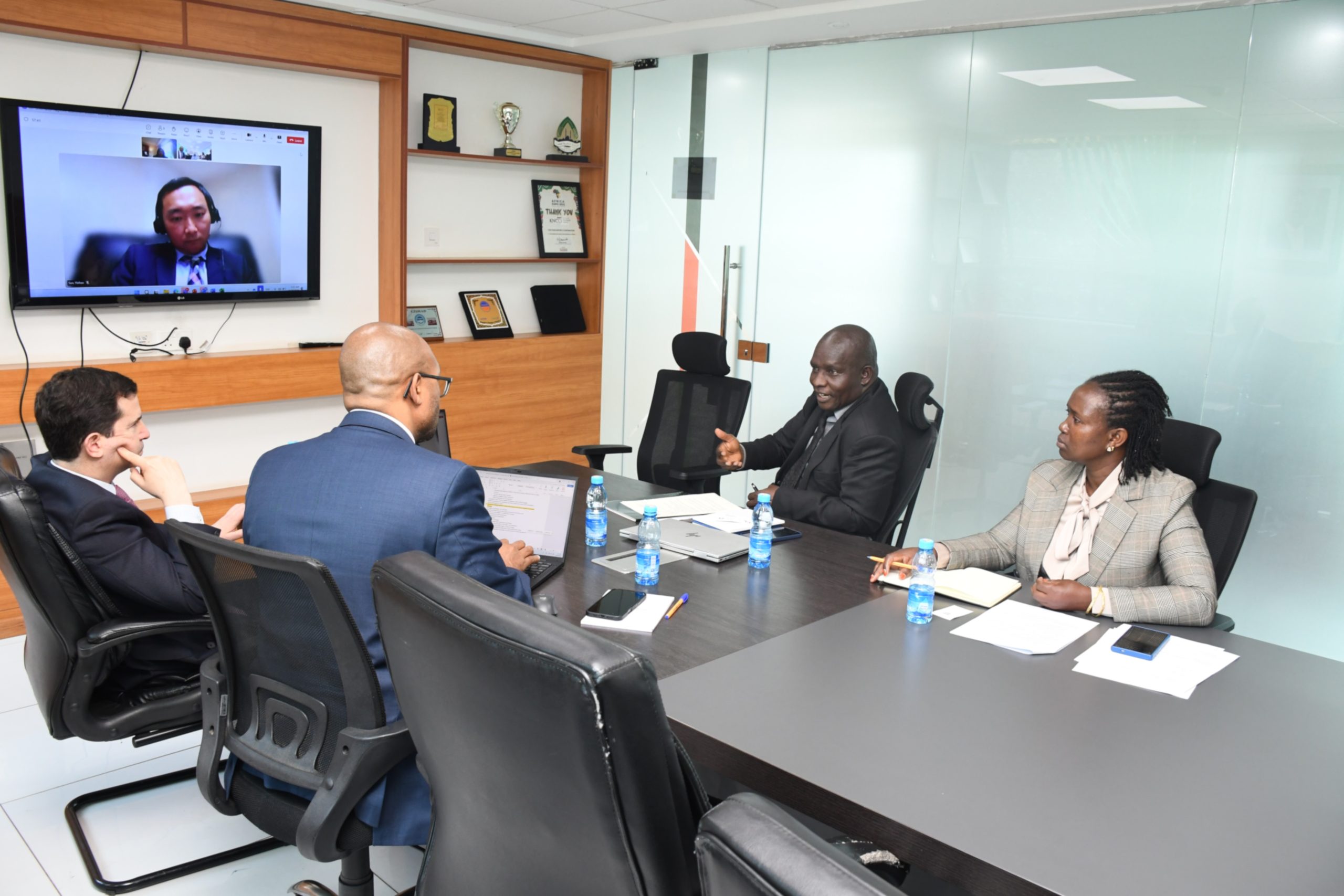 The Kenya National Chamber of Commerce and Industry (KNCCI) today hosted a high-level delegation from the International Monetary Fund (IMF) as part of an ongoing Governance Diagnostic Assessment being conducted in collaboration with Kenyan authorities.
The Kenya National Chamber of Commerce and Industry (KNCCI) today hosted a high-level delegation from the International Monetary Fund (IMF) as part of an ongoing Governance Diagnostic Assessment being conducted in collaboration with Kenyan authorities.
The meeting, held on the afternoon of Wednesday, June 18, 2025, brought together key stakeholders to discuss Kenya’s governance landscape and investment climate, with a specific focus on tax policy and the Kenya Revenue Authority (KRA). The session was chaired by Mr. Wycliffe Kibisu, Chairman of the KNCCI Tax Policy and Regulatory Committee.
Key Areas of Discussion
The dialogue centered on three major themes:
- Stakeholder Engagement in Tax Policy Development
- Perceived Vulnerabilities to Corruption within KRA
- Opportunities for Reform and the Private Sector’s Role in Shaping Effective Tax Policy
The IMF team sought perspectives from the private sector on current systemic challenges and areas of potential improvement in Kenya’s tax environment. KNCCI provided detailed insights and actionable recommendations based on ongoing engagement with businesses across the country.
KNCCI Recommendations
KNCCI submitted a set of proposals to help strengthen Kenya’s tax governance structure and increase trust in the system:
-
Data-Driven Policy Formulation: The Chamber called for a more inclusive and evidence-based approach to tax policy, anchored on a collaborative national tax dialogue platform. This would feature quarterly consultative meetings bringing together KNCCI, KRA, the National Treasury, and the IMF to foster ongoing dialogue and mutual accountability.
-
Anti-Corruption Measures at KRA:
To address concerns around integrity and efficiency, KNCCI proposed:-
The introduction of real-time audit tracking tools
-
The publication of refund timelines to enhance transparency
-
The establishment of an independent Tax Ombudsman, with KNCCI playing a key supportive role
-
-
Support for MSMEs:
Emphasizing the importance of Micro, Small and Medium Enterprises (MSMEs) in the economy, KNCCI recommended:-
The piloting of dynamic tax models using real-time business data
-
The rollout of tax education campaigns and training programs to improve compliance and build the capacity of small businesses
-
Forward Outlook
KNCCI reaffirmed its commitment to fostering a transparent, fair, and predictable tax environment that supports investment and enterprise growth. The Chamber expressed appreciation for the IMF’s engagement and pledged continued support in shaping reforms that advance Kenya’s economic governance and competitiveness.
The IMF’s ongoing Governance Diagnostic Assessment is expected to inform future policy reforms aimed at strengthening accountability, enhancing service delivery, and improving investor confidence in Kenya.

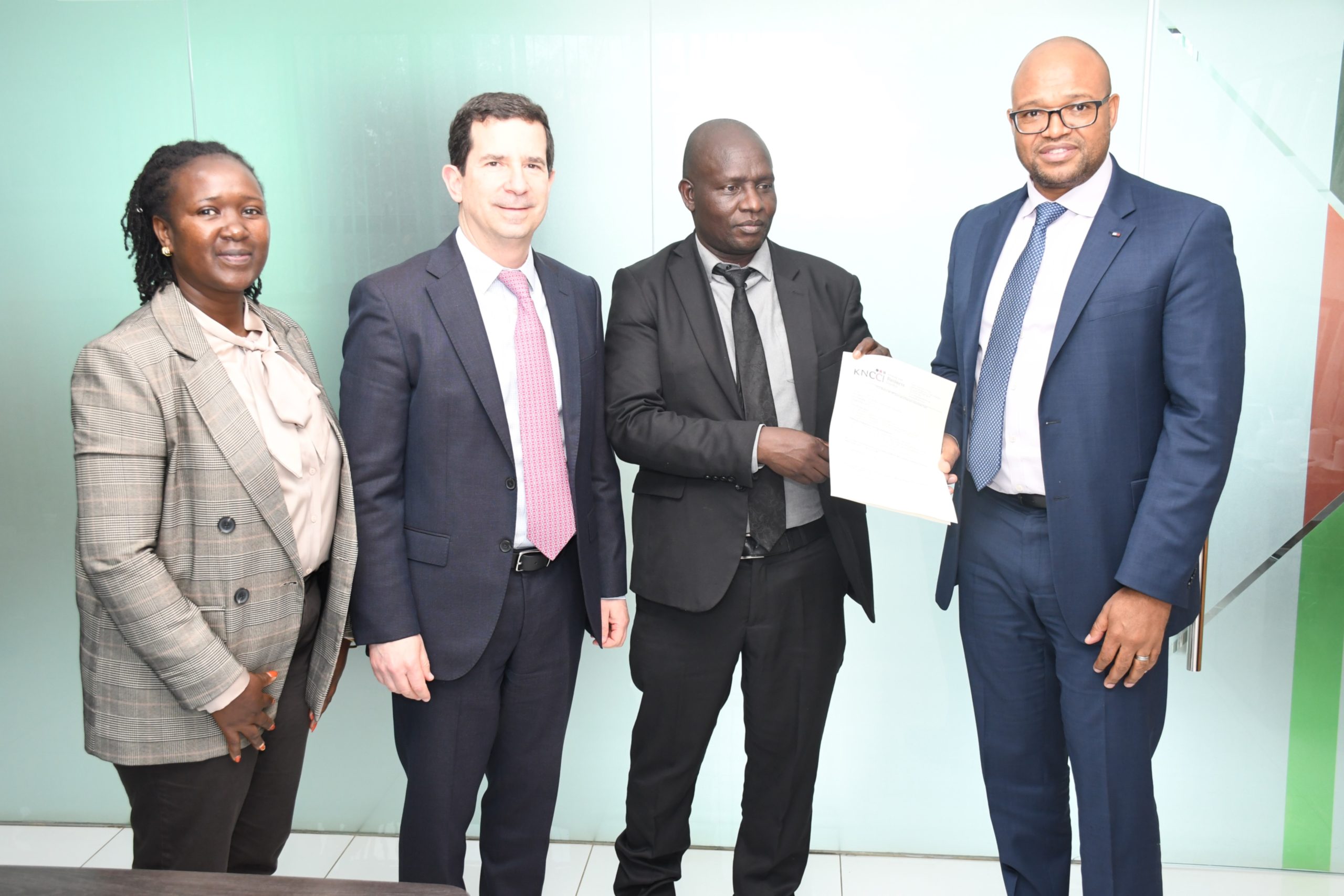
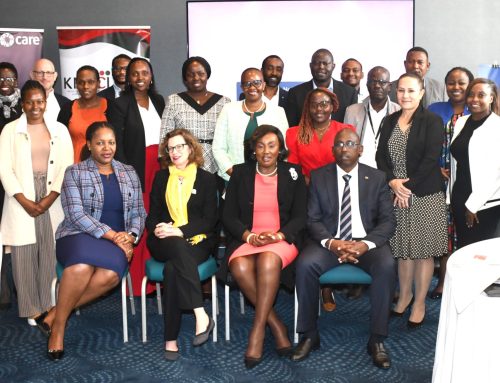
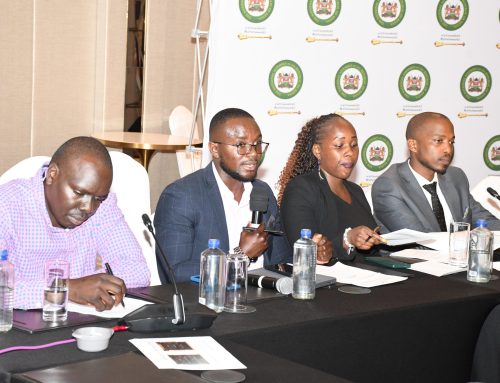
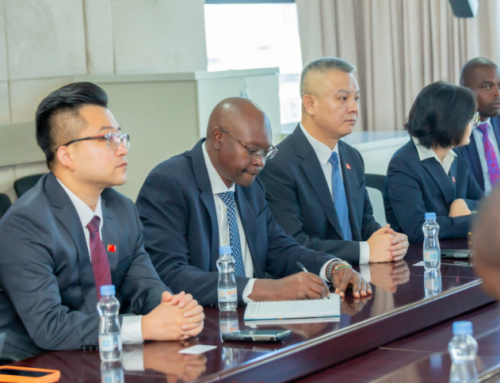
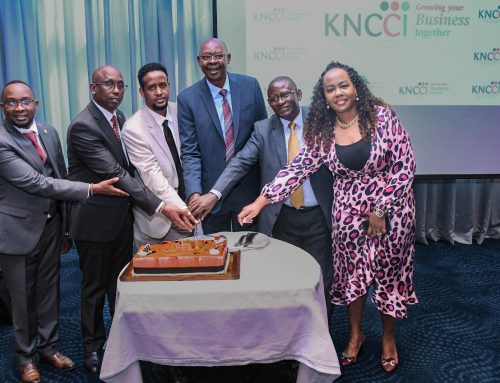
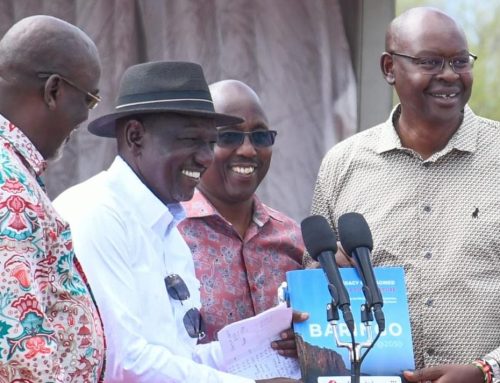
Leave A Comment